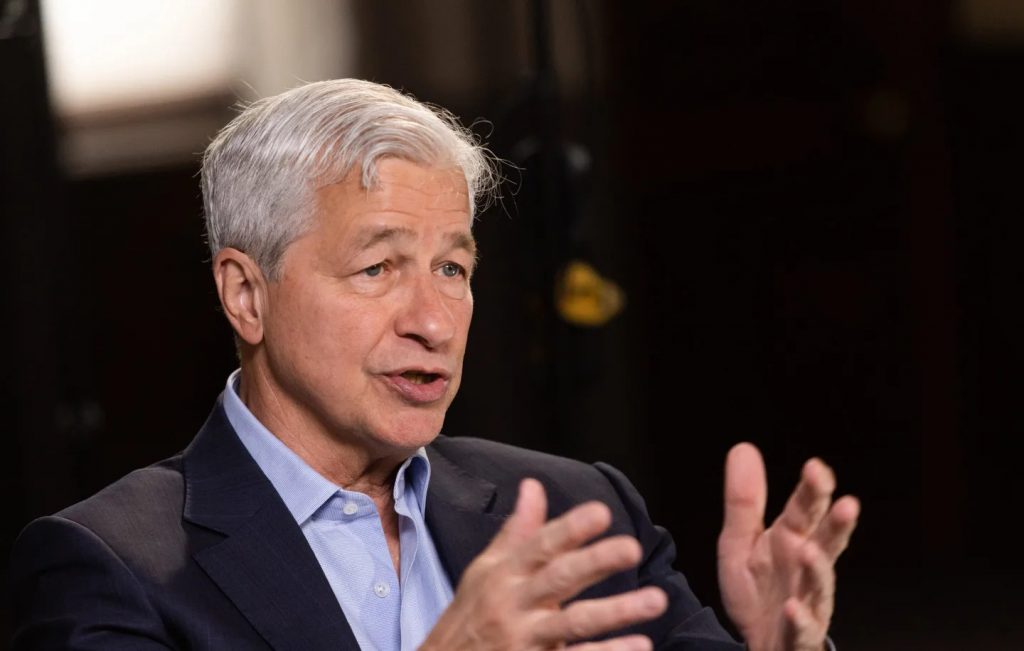JPMorgan Just Made History: Tokenized Treasuries Hit Public Markets
Wall Street’s blockchain revolution gets real—JPMorgan settles first public trade of tokenized U.S. Treasuries. The 146-year-old bank just dragged sovereign debt into the DeFi era (while charging undisclosed fees, naturally).
Why it matters: This isn’t a test. Real institutional money now flows through blockchain rails, proving crypto infrastructure can handle Uncle Sam’s IOUs.
The cynical take: After years of dismissing crypto, traditional finance finally adopts its tech—once there’s a way to slap on their usual 2-and-20 fee structure.
What’s next? Watch how fast rivals scramble to launch their own tokenized debt products now that JPMorgan broke the ice.
JPMorgan Takes Major Step As It Settles First Transaction on Public Blockchain
For much of the year so far, cryptocurrencies and the digital asset class have been a prominent talking point. With the return of US President Donald Trump, the first pro-crypto administration has arrived. That has signaled the imminent implementation of favorable regulation, which has spurred increased adoption from titans in the traditional finance sector.
That took place in a big way on Wednesday, as JPMorgan officially settled its first public transaction of tokenized treasuries. Indeed, the firm announced the MOVE that was its inaugural venture outside of its own private blockchain.

Specifically, Kinexys, JPMorgan’s blockchain division, transferred money between two different accounts on its own private network in order to settle a tokenized treasury purchase on Ondo. Thereafter, it used Chainlink as a communication protocol to finalize the transaction.
Chainlink co-founder Sergey Nasarov noted that the development could have major implications. “This is not just another POC [proof of concept]. This is the beginning of something big.”
JPMorgan is one of many traditional finance firms exploring an entry into the crypto space. Bank of America CEO Brian Moynihan confirmed this year that they were set to introduce their very own stablecoin. Indeed, he noted the bank was only waiting on the legislation necessary to make the product offering completely legal in the US.

